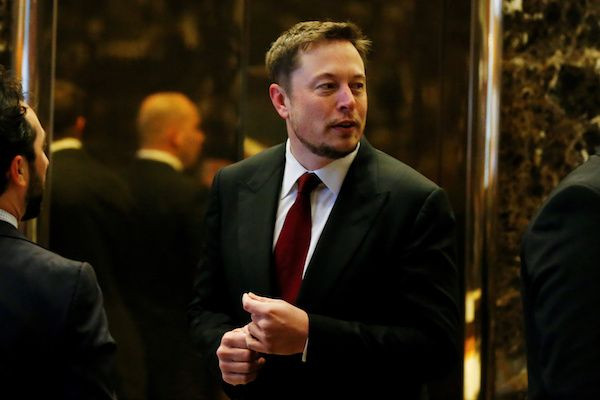SpaceX, Tesla CEO Elon Musks Wants To Implant AI Devices To Human Brain

After venturing into space exploration, electric cars and solar roof, business magnate and visionary Elon Musk wants to create devices that can be implanted to the human brain so that AI and the brain can work hand in hand. This Monday, the 45-year-old inventor announced his new company Neuralink Corp. The new venture is the first step to realizing Musk’s desire to connect the human brain and computers.
According to The Wall Street Journal, the SpaceX and Tesla CEO’s new venture aims to produce devices that can be implanted to the human brain in order for artificial intelligence software to merge with the brain’s activity, enhancing the latter’s memory and allowing for a more direct interaction between the brain and computing devices. Though the venture is very new, Musk is already assuming an “active role” in backing the neuroscience startup. Neuralink is registered as a medical research company in California with several high profile academics in the neuroscience field as members of its team.
Musk’s venture may not come as a surprise to people following the South African-born engineer. He has hinted a couple of times for the last six months or so that he plans to create a technology that could build a connection between the human brain and computers, as per The Verge. “Over time I think we will probably see a closer merger of biological intelligence and digital intelligence,” Musk recently said while speaking to a crowd in Dubai. “It’s mostly about the bandwidth, the speed of the connection between your brain and the digital version of yourself, particularly output.”
Last year, Musk also presented the idea of a neural lace, a device that would be surgically implanted to a human brain to allow connection between the nervous organ with computers. He has since been updating his followers on Twitter about the progress he’s been making with this project. In late January, when someone asked Musk if he is already set to announce neural lace to the public, he briefly responded, “Maybe next month.” But it appears Musk wasn’t ready to deliver the news to the world in February. Now that the California startup is official, however, Musk can share more information on the development of the brain devices they intend to create.
Apart from focusing on memory retention and intelligence, Musk also intends to use this technology to explore ways to alleviate the effects of chronic conditions. Thus, Neuralink could help in addressing the symptoms of epilepsy and severe depressive disorder. It could also be used in treating Parkinson’s disease provided the technology has been approved for human use. Though these may sound too farfetched, TechCrunch notes that Musk has already proven himself to be capable of bringing big ideas to life.
© Copyright IBTimes 2024. All rights reserved.




















